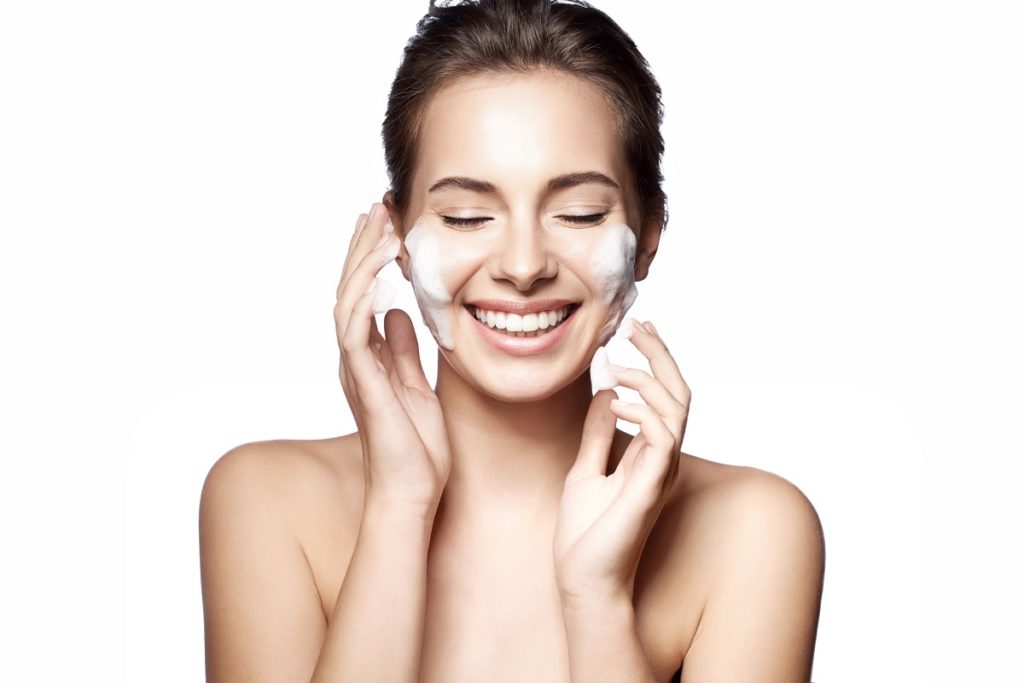Veganism has gained the reputation it has today for a variety of reasons. For one, it’s good for the body. Two, it’s good for the environment. Environmentalists and carbon-footprint-conscious civilians have taken the initiative to make the shift in the hopes of tipping the scales in nature’s favor. In this spirit, people have been counting their waste instead of carbs.
Other than reducing waste, others made this shift in their diet because of the health benefits it poses–especially to your skin. Others argue that veganism, vegetarianism, and other plant-based diets do not constitute a balanced diet. That’s not entirely true, though, because it’s all in the planning. Doing your research and utilizing resources can help you curate delicious dishes without sacrificing the nutritional value your body needs.
However, when talking about a plant-based diet, the benefits it brings to the skin isn’t directly discussed. Specifically, how the nutritional makeup of the diet gives more opportunities to navigate towards a certain group of foods. Here we discuss how this diet enhances your skin’s quality and how it should be better utilized for promising results.
Nutrients Your Skin Is Getting
A great benefit of a vegan or vegetarian diet is that it filters out the heavily processed foods or snacks from your intake. Although this also excludes animal products, it utilizes a healthy, nutrient-pack group of foods: plants.
A vegan diet aids our cells in antioxidant potential by providing vitamins A, C, E, and more, a study finds. No wonder plants have higher antioxidant content than what’s found in meat products. Additionally, the diet prevents cellular damage and helps manage inflammation long-term. Swelling of acne symptoms can finally be mitigated.
A plant-based diet is suitable for those with oily skin. Diets low in fat, saturated fat, and cholesterol means fewer calories. This characteristic in most plant-based diets leads to reduced skin oil production, thus reducing breakouts. To take it a step further, replacing saturated fats with unsaturated fats contributes to anti-inflammation in your body, leading to less acne. On the contrary, a deficiency of essential fatty acids can exhibit negative skin, hair, and nail outcomes.

Other than healthy fats, your skin will enjoy vitamin A. It protects your skin from sun damage. Vitamin C does a similar job, too, lowering your chance of developing cancer. A lack of it may cause easy bruising, bleeding gums, and slow healing for sores. At the same time, zinc–your anti-inflammatory and wrinkle preventer–helps vitamin C strengthen your cell walls. Other important nutrients to utilize for healthier skin include protein, vitamin E, and selenium.
A friendly remind: don’t bank too heavily on foods and ingredients with a low nutrient density to fill your stomach. Doing so is counter-productive. The point of meal-planning and choosing a diet is for your health’s benefit in the first place. For external use, you can check out harmonyandwellness.com.ph to help you achieve healthy skin.
Nutrients You’re Not Getting
Because your diet is limited to plants only, you have to supply your body with nutrients normally not provided by your diet. A common means of doing so is by taking your daily vitamins and supplements. Remember to consult a professional concerning this to know what nutrients you need to prioritize, especially if you live a specific lifestyle or have an underlying condition.
Unlike your usual green spread, a meat-rich meal plan can easily provide calcium, which is essential for bones and teeth. Even though there are plant alternatives (e.g., chickpeas, broccoli, etc.) to supply calcium one normally needs, it’s found that most vegans don’t get enough of it. This is mostly by choice, though, so choose to integrate calcium-rich greens in your meals.
Meanwhile, there’s vitamin D to assist with the absorption of calcium. This vitamin also plays a role in your immune system, mood, memory, and muscle rehabilitation. Additionally, it assists in skin cell repair and has anti-aging properties. Unfortunately, getting vitamin D is hard on the get-go since only a few foods contain it. To make it more complicated, foods with Vitamin D don’t suffice for a daily requirement. The next best thing to ensure you get your fill is to take daily supplements.
Iron is important in carrying oxygen in the blood. Moreover, it’s essential in skin wound healing. Luckily, it’s very accessible to plant-eaters. Iron is sourced in two ways: heme and non-heme. The former is obtainable from animal products, while the latter is from plants. You can get your share of non-heme from beans, peas, nuts, seeds, dried fruit, and cruciferous vegetables. It’s easy to add to any dish!
Other hard-to-get nutrients in a plant-based diet are vitamins B12, long-chain, omega-3 fatty acids, zinc, and iodine.
Practicing awareness of what you consume and put into your body is a healthy practice. Even though many people turn to a plant-based diet for other reasons, the only thing that can make a person stick to it is through sincere intention to want what’s best for their health and everyone around them.




